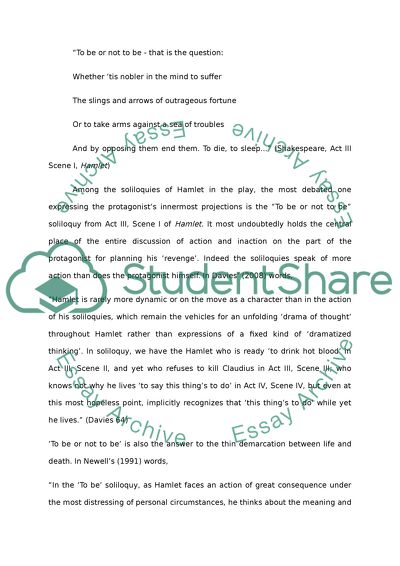Cite this document
(“A Brief Overview of Hamlets Characterization through His Soliloquies Term Paper - 2”, n.d.)
A Brief Overview of Hamlets Characterization through His Soliloquies Term Paper - 2. Retrieved from https://studentshare.org/literature/1668399-hamlet-essay
A Brief Overview of Hamlets Characterization through His Soliloquies Term Paper - 2. Retrieved from https://studentshare.org/literature/1668399-hamlet-essay
(A Brief Overview of Hamlets Characterization through His Soliloquies Term Paper - 2)
A Brief Overview of Hamlets Characterization through His Soliloquies Term Paper - 2. https://studentshare.org/literature/1668399-hamlet-essay.
A Brief Overview of Hamlets Characterization through His Soliloquies Term Paper - 2. https://studentshare.org/literature/1668399-hamlet-essay.
“A Brief Overview of Hamlets Characterization through His Soliloquies Term Paper - 2”, n.d. https://studentshare.org/literature/1668399-hamlet-essay.


